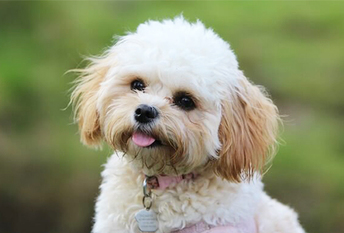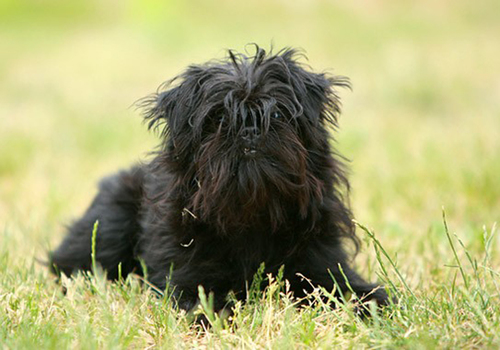The breed is German in origin and dates back to the seventeenth century. The name is derived from the German Affe (ape, monkey). The breed predates and is ancestral to the Griffon Bruxellois (Brussels Griffon) andMiniature Schnauzer. Dogs of the Affenpinscher type have been known since about 1600, but these were somewhat larger, about 12 to 13 inches, and came in colors of gray, fawn, black and tan and also red. White feet and chest were also common.
The breed was created to be a ratter, working to remove rodents from kitchens, granaries, and stables. Banana Joe V Tani Kazari (AKA Joe), a five-year-old Affenpinscher, was named Best in Show at the 2013 Westminster Kennel Club Dog Show in New York City. This win is notable since it is the first time this breed has won Best in Show at Westminster.











